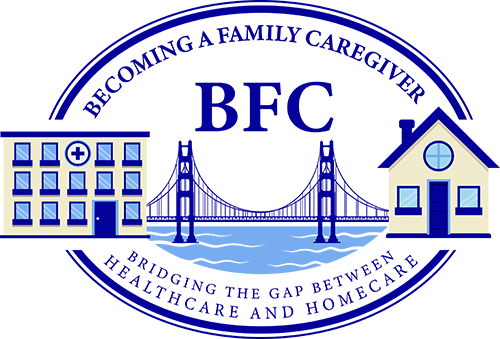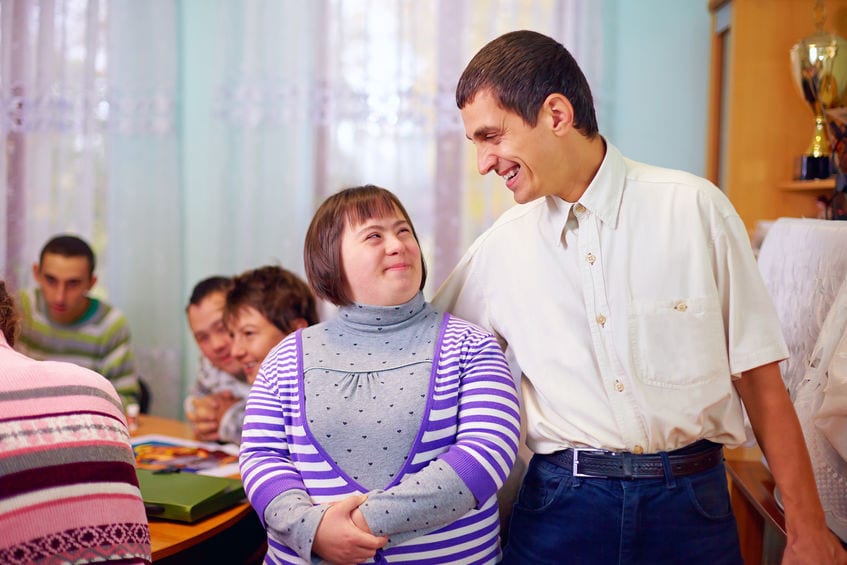
Memory and Mental Health Disorders
As a caregiver, you are likely to encounter challenges dealing with memory or mental health disorders at some point in your caregiving journey, in addition to providing physical care. One in five people in the United States experience mental illness.
Memory and mental illness conditions impact the way people think, behave, and interact with others and encompass numerous disorders varying in severity and frequency of episodes. Many people who suffer from them may not look ill or as if anything is wrong, while others appear confused, agitated, or withdrawn. Learn more about how to help your family member or others with memory or mental illness disorders.

Mental Health Disorders
Mental health conditions affect a person’s thinking, feeling, mood, or behavior. Just like medical diagnosis, there are specific mental health disorders too. For example, severe stressful events or trauma often lead to eating or personality disorders as a means of coping. Some conditions are short-term and happen only occasionally, while others are chronic and long-term disorders altering a person’s daily functioning.
Mental health and mental illness are not the same things. Mental health includes emotional, psychological, and social well-being and affects how we think, feel, and act. It helps determine how we handle stress, relate to others, and make healthy choices. People use the terms interchangeably, but a person can experience poor mental health without being diagnosed with a mental illness. Likewise, a person with a mental illness can have periods of good mental health.
Developmental Conditions
Developmental disabilities are conditions that affect learning, intelligence, language skills, physical ability, or behavioral maturity. They begin in early childhood and last a lifetime. Children with developmental disabilities cannot do not develop as quickly as other children their same age and, in some cases, never achieve some skills.
The disability can begin at any age, including before birth, during delivery, or afterward. Causes vary from genetics to environmental, exposures, infections, or unknown. Early treatment can help improve skills but cannot cure the conditions.
Memory Disorders
Memory disorders occur because of damage to the neurological center of the brain that prevents the storage, retention, or recollection of memories. The disorders can occur because of a medical condition such as Alzheimer’s disease, Dementia, Huntington’s Disease, Parkinson’s Disease, Wernicke-Korsakoff Syndrome, or trauma. When trauma is the cause of amnesia, post-traumatic stress disorder, or general stress occur, or it may be as serious as a traumatic brain injury.


